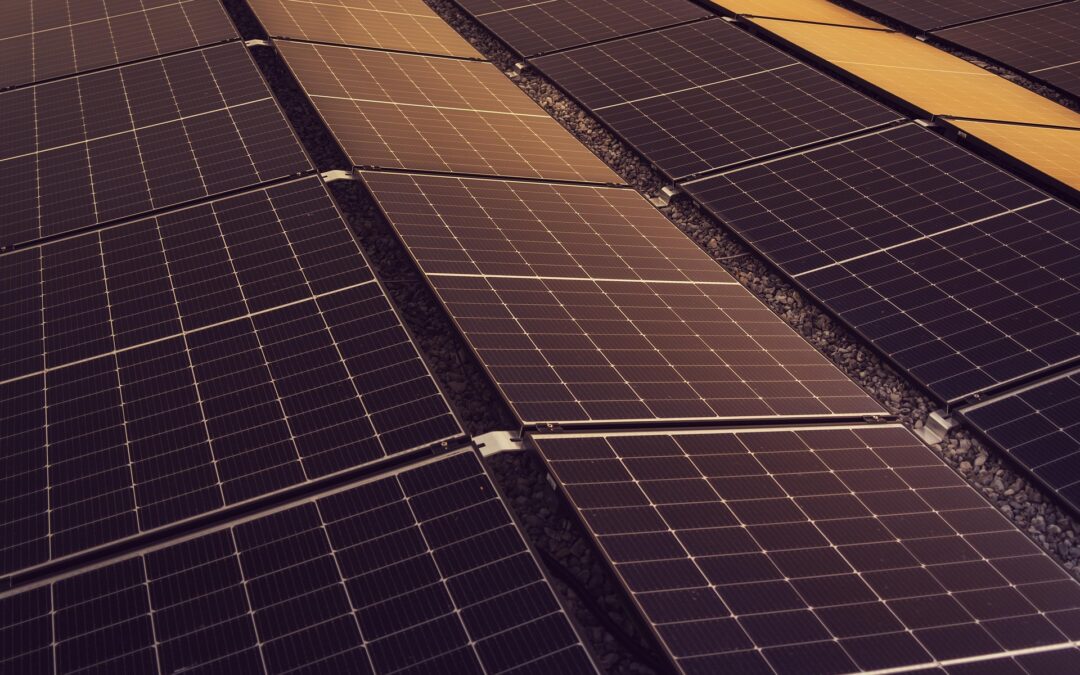Investment in Indonesia’s renewable energy sector is gaining significant attention as part of the country’s strategy to transition towards a more sustainable energy system.
With abundant renewable energy resources, supportive government policies, and a global shift towards a green economy, Indonesia has substantial opportunities to attract investment in renewable energy development. However, several challenges must be addressed to ensure that investments in this sector operate optimally and contribute positively to national economic growth.
Indonesia’s Vast Renewable Energy Potential
Indonesia possesses enormous renewable energy potential across various sources, including solar, wind, hydro, biomass, and geothermal energy. According to the Ministry of Energy and Mineral Resources, Indonesia’s total renewable energy potential is estimated to exceed 3,600 gigawatts (GW), with solar energy being the most abundant source, boasting a potential of up to 3,295 GW. This immense capacity positions Indonesia as one of the most attractive destinations for renewable energy investment in Southeast Asia.
Beyond solar energy, Indonesia also has significant geothermal resources, with an estimated potential of around 24 GW. Currently, only approximately 2.4 GW of installed geothermal power capacity has been developed, indicating vast room for further expansion. Indonesia’s geological position along the Pacific Ring of Fire provides it with some of the world’s largest geothermal reserves, offering a strategic advantage in clean energy development.
Investing in renewable energy not only delivers environmental benefits but also offers economic advantages. Studies indicate that renewable energy projects generally have lower operational costs compared to fossil fuel-based power plants, making them an attractive long-term investment. With rising electricity demand and the government’s strong commitment to accelerating the energy transition, the sector presents significant opportunities for both domestic and international investors.
Government Support for Renewable Energy Development and Incentives
The Indonesian government has implemented strategic measures to accelerate renewable energy development, notably through Presidential Regulation No. 112 of 2022 on the Acceleration of Renewable Energy Development for Electricity Supply (“Perpres 112/2022”). This regulation aims to create a more conducive investment climate by offering various incentives and support mechanisms for renewable energy businesses.
One of the key initiatives includes fiscal and non-fiscal incentives for investors in renewable energy projects. The government provides several tax benefits, such as import duty exemptions for renewable energy equipment, corporate income tax reductions (tax holidays), and competitive electricity tariffs for renewable energy projects. Additionally, the feed-in tariff mechanism ensures price certainty for electricity generated by renewable energy developers, enhancing investment attractiveness in the sector.
Beyond incentives, the government is also streamlining investment processes through regulatory simplification and licensing reforms. The Online Single Submission (OSS) system facilitates a more efficient and transparent investment licensing process, eliminating bureaucratic obstacles that have historically slowed renewable energy projects in Indonesia.
Furthermore, the government is actively fostering partnerships with international financial institutions to enhance green financing schemes. Collaborations with organizations such as the Asian Development Bank (ADB) and the World Bank are designed to attract greater funding for sustainable renewable energy projects. These initiatives, coupled with regulatory improvements, are making Indonesia’s renewable energy sector increasingly appealing to investors with a long-term vision.
Also read: Urgensi Pemisahan RUU Energi Baru dan Energi Terbarukan
Challenges in Renewable Energy Investment in Indonesia
Despite its vast potential and strong policy support, investment in Indonesia’s renewable energy sector still faces several challenges. Regulatory uncertainty remains a key concern that can impact investor confidence. Although the government has introduced policies to promote renewable energy, overlapping regulations at the national and regional levels often delay project implementation.
Infrastructure limitations also pose a significant hurdle. Many renewable energy sources, such as solar and geothermal power, are located in remote areas that lack adequate electricity grid infrastructure. This increases investment costs for project developers, highlighting the need for more effective strategies to accelerate supporting infrastructure development.
Another challenge is the limited availability of advanced technology and skilled human resources in the renewable energy sector. While green technology continues to evolve, its adoption in Indonesia is constrained by high costs and a shortage of qualified personnel. Therefore, investments in education and workforce training are essential to strengthen human capital in this growing sector.
From a financial perspective, despite the availability of government incentives, access to long-term financing remains a constraint for renewable energy projects. Many developers struggle to secure funding at competitive interest rates, underscoring the need for stronger public-private collaboration to create a more supportive investment environment.
By addressing these challenges and continuously improving incentive policies and infrastructure support, Indonesia’s renewable energy investment landscape has the potential to grow significantly. Through collaboration between the government, industry players, and financial institutions, the renewable energy sector is expected to become a key pillar in achieving national energy security and sustainability.
Also read: Kerangka Hukum Energi Baru di Indonesia
Regulations:
- Peraturan Presiden Nomor 112 Tahun 2022 tentang Percepatan Pengembangan Energi Terbarukan untuk Penyediaan Tenaga Listrik (“Perpres 112/2022“).
References:
- Keuntungan Cepat Didapat, Energi Terbarukan Perlu Jadi Fokus Danantara. Kompas.com. (Diakses pada 17 Maret 2025 pukul 12.20 WIB).
- Investasi Energi Baru Terbarukan Bertabur Insentif Pajak, Apa Saja?. Katadata. (Diakses pada 17 Maret 2025 pukul 12.27 WIB).
- Potensi Energi Baru Terbarukan Indonesia. Kementerian Energi dan Sumber Daya Mineral (ESDM). (Diakses pada 17 Maret 2025 pukul 12.31 WIB).
